Kewaunee County
CLICK ON THE GREEN TITLES OR BLUE SITES TO FOLLOW THE LINKS
State Agencies
Wisconsin Suicide Prevention Organization — Our strategy is for you. Whatever you do, wherever you live, work or play in Wisconsin, you can have a role in preventing suicide. And this plan can help. Find resources and centers in your county on our website or call 414-336-7970.
AODA Provider Directory by Wisconsin County — Alcohol and Other Drug Abuse (AODA) treatment encompasses a wide range of programs for individuals, family and friends affected by drug and alcohol abuse. Wisconsin community programs include detox centers, day treatment, inpatient/outpatient facilities, residential programs, and intervention/prevention efforts.
Wisconsin Addiction Recovery Helpline 2-1-1 — The Recovery Helpline is available to connect people with resources in your community to overcome a dependence on Wisconsin Department of Health Services – Opioids or other substances. This free and confidential service supported by the Wisconsin Department of Health Services is managed by 211 Wisconsin. Staffed by caring, trained specialists, it is a safe, trusted place to quickly turn for information. Call 24 hours a day, seven days a week: 211 or 833-944-4673.
Wisconsin Department of Health Services — The DHS is one of the largest and most diverse state agencies in Wisconsin. It is working to reduce the impact of mental illnesses on Wisconsin’s citizens. Support is available! Find an index of community programs on our link or call 608-266-2717.
Wisconsin Family Ties —CHANGING LIVES BY IMPROVING CHILDREN’S MENTAL HEALTH. Wisconsin Family Ties (WFT) is the only statewide, parent-run organization in Wisconsin working with families that include children with social, emotional or behavioral challenges. We walk beside families to provide emotional support while helping to navigate the complex service and treatment systems with which they are involved .. 16 N Carroll St, Ste 230, Madison, WI 53703. Question? Email us at info@wifamilyties.org or call 608-267-6800.
CLICK ON THE GREEN TITLES OR BLUE SITES TO FOLLOW THE LINKS
National & Private Agencies
Mental Health First Aid USA — Get involved and make a difference. Mental Health First Aid teaches you how to identify, understand and respond to signs of mental illnesses and substance use disorders in your job and your community. Find courses and instructors and follow Mental Health First Aid’s stories, thoughts, and reflections on mental illness, drug abuse, self-harm, depression, anxiety, etc. Mental Health First Aid USA is ramping up its efforts for a better response to tearing down the barriers that prevent people from seeking and receiving help by talking about mental health and substance abuse. Knowing how to respond when someone tells you they’re NOT okay can change — or even save — a life! Notice when a person may need support. Learn, in particular, where you can direct people for appropriate help. Find ways to start and continue conversations about mental health and substance use: Watch this video on having that “Awkward Conversation.” Contact MHFAinfo@thenationalcouncil.org or call 888-244-8980, ext 4.
Veterans Crisis Line: CALL THE NATIONAL LIFELINE at 1-800-273-8255, Press “1” OR Text 838255 — Responders at the Veterans Crisis Line are specially trained and experienced in helping Veterans of all ages and circumstances. From mental health issues that were never addressed to recent Veterans dealing with relationships or the transition back to civilian life.
Substance Abuse and Mental Health Services Administration (SAMHSA) — A web site that shows the location of residential, outpatient, and hospital inpatient treatment programs for drug addiction and alcoholism throughout the country. This information is also accessible by calling 800-662-4357.
American Foundation for Suicide Prevention — A voluntary health organization dedicated to saving lives and bringing hope to those affected by suicide. We give those affected by suicide a place to take action against this leading cause of death. AFSP has chapters in all 50 states. As a result, people have a nationwide community empowered by research, education and advocacy. Contact us at 888-333-2377.
AddictionCenter.com/Addiction-and-Suicide — Of all addictions, perhaps none is more likely to result in suicide than opioid addiction. In 2015, over 33,000 Americans died from opioids. Due to the nature of overdose, it is impossible to know how many of these deaths were accidental and how many were suicides. However, no matter where you live, there is a drug rehab center that can help you overcome your addiction. We’ll help you find it. Contact a treatment expert at 844-236-5318.
Sex Trafficking Training Tool for Parents — This training brochure explores the topics of sex trafficking and sexual exploitation. With proper awareness, parents can begin to understand the warning signs and help their children avoid behavior and people and places that could lead to exploitation and abuse. National Human Trafficking Hotline: 1-888-3737-888
Drug Rehab USA — Reduce the impact of substance abuse by locating proper treatment. This is your source for finding the right alcohol and drug rehab centers for you! Drug Rehab USA created a user-friendly free directory that uses location technology to display addiction treatment near you. The data in this directory comes from Behavioral Health Treatment Services Locator by SAMSHA. Click on green link or call the SAMSHA National Helpline at 800–662–HELP (4357).
RehabSpot.com — Addiction takes so much away from you: friends, family, career, and even your personality. No matter what addiction you are struggling with, there is a treatment program out there for you. At Rehab Spot, we are focused on helping individuals struggling with alcohol dependency to safely and comfortably quit and gain control over their life. Get addiction information for addicts or loved ones and find a treatment center on our website or connect with a compassionate treatment specialist at 844-658-0552.
DrugRehab.com — A person with a co-occurring disorder has been diagnosed with a substance abuse disorder and another mental health disorder. Any mental health disorder can co-occur alongside substance use disorders. The most common types of co-occurring disorders include mood, anxiety, psychotic, eating, personality and behavioral disorders. Co-occurring disorders, sometimes called dual disorders, are best treated through integrated treatment that addresses both issues at the same time. DrugRehab.com is a web resource provided and funded by Advanced Recovery Systems. Readers can learn about risks of various substances, the latest approaches to treatment and real stories of recovery. For 24/7 help, call 855-520-2898.
RehabCenter.net — They have compiled an extensive directory of drug and alcohol rehab centers located throughout the United States, which can be narrowed down by state and city. This site is full of information and resources! Once you step over the line from use to abuse, it’s difficult for anyone to fight their addiction on their own. Pairing you with the right type of program is one of the most important factors in achieving long-term sobriety. To experience life without addiction, call them at 866-650-2452 or go to
D’Amore Mental Health/Teenage Suicide — On this important resource and FAQ website, you’ll find answers to some of the most common questions about teenage suicide and practical information for what to do if you are concerned about a loved one. If you have a teenager you care about in your life, it is important to be aware of the mental health and suicide risks they are facing. Go to the D’Amore Mental Health website through the green title or call 714-868-7139.
Addiction Rehab Centers — Doctors and therapists will create a plan for recovery based on the substance being abused and the severity of the addiction. These include inpatient and outpatient rehab, ongoing support groups and multiple kinds of therapies. Contact our Indiana addiction hotline at: (877) 659-4555
Addictioncenter.com/addiction/elderly — Substance abuse among the elderly (adults over the age of 60), particularly of alcohol and prescription drugs, is one of the fastest growing health problems in the United States. According to the Office of Alcoholism and Substance Abuse Services, substance abuse among senior citizens can be classified into two general forms: the “hardy survivor,” or those who have been abusing substances for many years and have reached 65, and the “late onset” group, which is those who form addictions later in life. Regardless of how old you are or when your addiction started, there are treatment options available to help you get back on a healthy path. Contact a treatment expert at 855-781-0841.
DetoxRehabs — Learning how to identify the early signs of mental health issues can potentially decrease their severity. Professional treatment can help individuals manage these issues as they pursue a healthy future. Knowing about mental health can help individuals and families understand the significance of symptoms, how an illness might develop, and what to do to help. To learn more about how to identify early signs of mental health issues or substance abuse and find detox centers and rehab programs, contact us at 888-694-3198.
Society for the Prevention of Teen Suicide — Our mission is to reduce the number of youth suicides and attempted suicides. We do this by encouraging public awareness through the development and promotion of educational & training programs. Contact us through our website or call 732-410-7900 to find out more about our efforts and, furthermore, how YOU can help!
Common Addictions in the Elderly — Substance misuse among the elderly can oftentimes be overlooked, but is still prevalent in today’s society. According to the National Institute on Drug Abuse, as reported in 2018, about 1 million adults over the age of 65 live with a substance use disorder. For example, alcohol has proven to be the most commonly used substance in older adults and many elderly adults take prescriptions, making it a recipe for disaster.Healing is possible! Treatment options are discussed on the website or call 855-524-9814. (Treatment information for other than elderly populations is also available on this site.)
Social Media Addiction — Research has shown that too much social media use can result in long-term negative mental health issues including lowered self-esteem and increased feelings of anxiety, depression, and isolation.The way social media interacts with your brain makes it inherently addictive. When you share content on social media, your brain releases dopamine, the same neurotransmitter that is released when you take addictive drugs. Visit our website or call 949-272-8652.for information and resources.
Alcohol Rehab — Since there are thousands of inpatient rehab centers available, it is important to choose the one that’s right for you. This decision will require some research, but this website has important factors to consider as you weigh your options.Please contact a dedicated treatment professional today to get answers to your questions about rehab and recovery. Call 855-919-2515.
Wavelengths Recovery — A comprehensive guide about certain life skills that aren’t necessarily going to make recovery a cakewalk, Seven steps to help you during times of struggle.Life skills are tools you need to help you thrive in your everyday life.Call for 24/7 help at 844-948-1161.
(These sites are not all-inclusive or guaranteed accurate over time.)
You may always dial 2-1-1 for community information and referral services in almost all areas of the United States


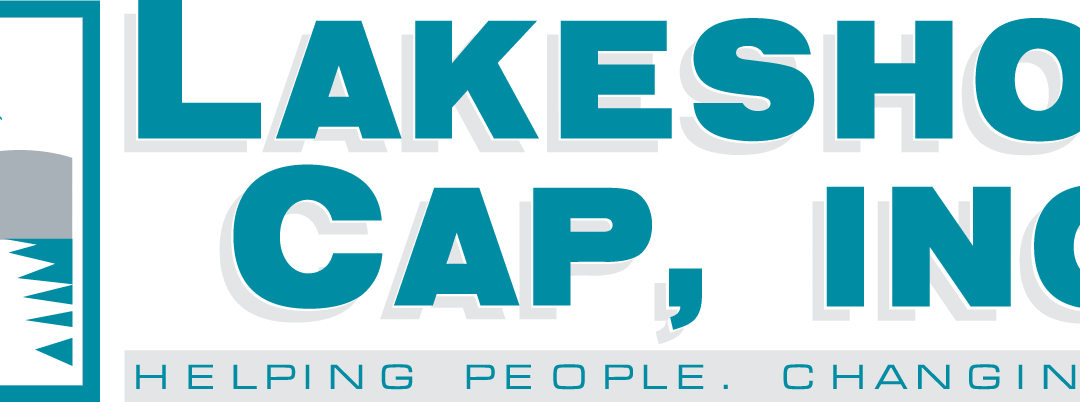


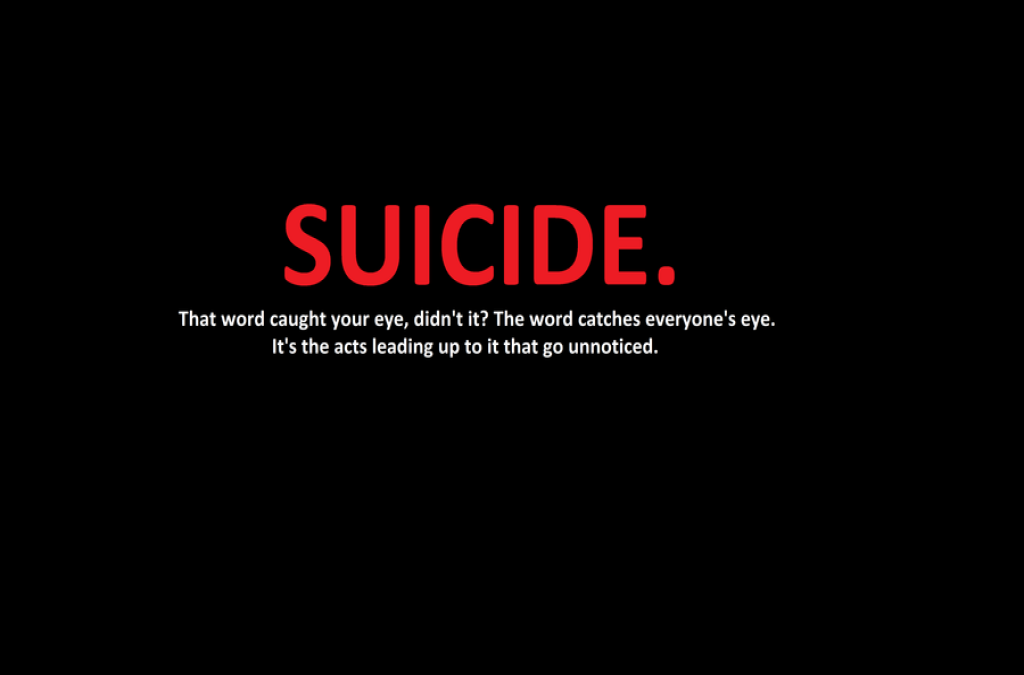
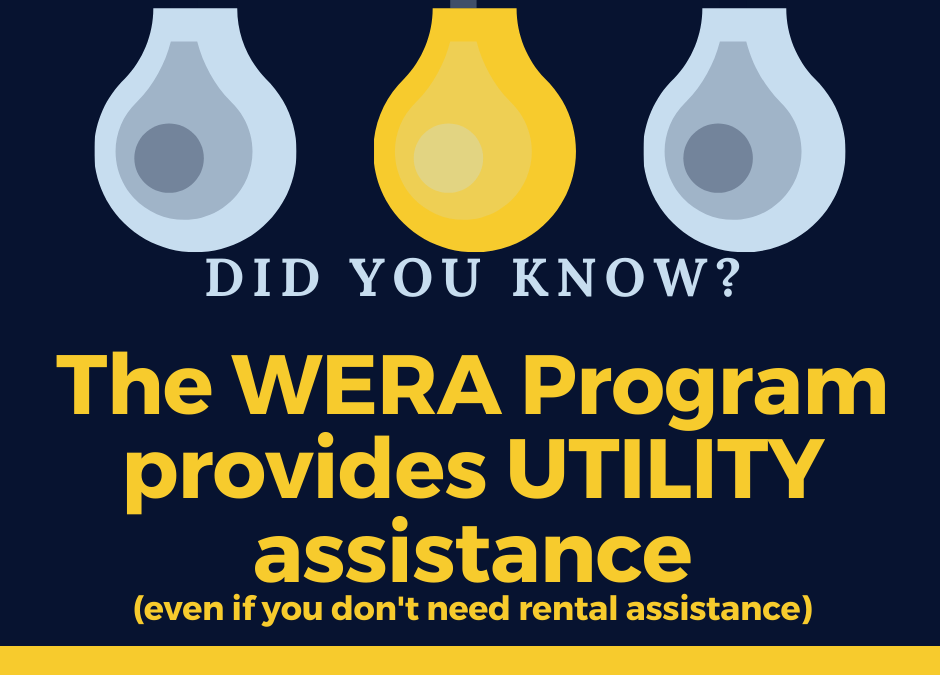


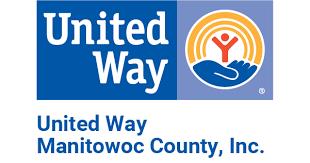
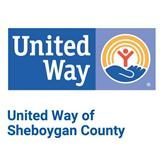
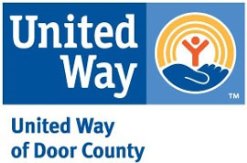
Join Us – Social Media